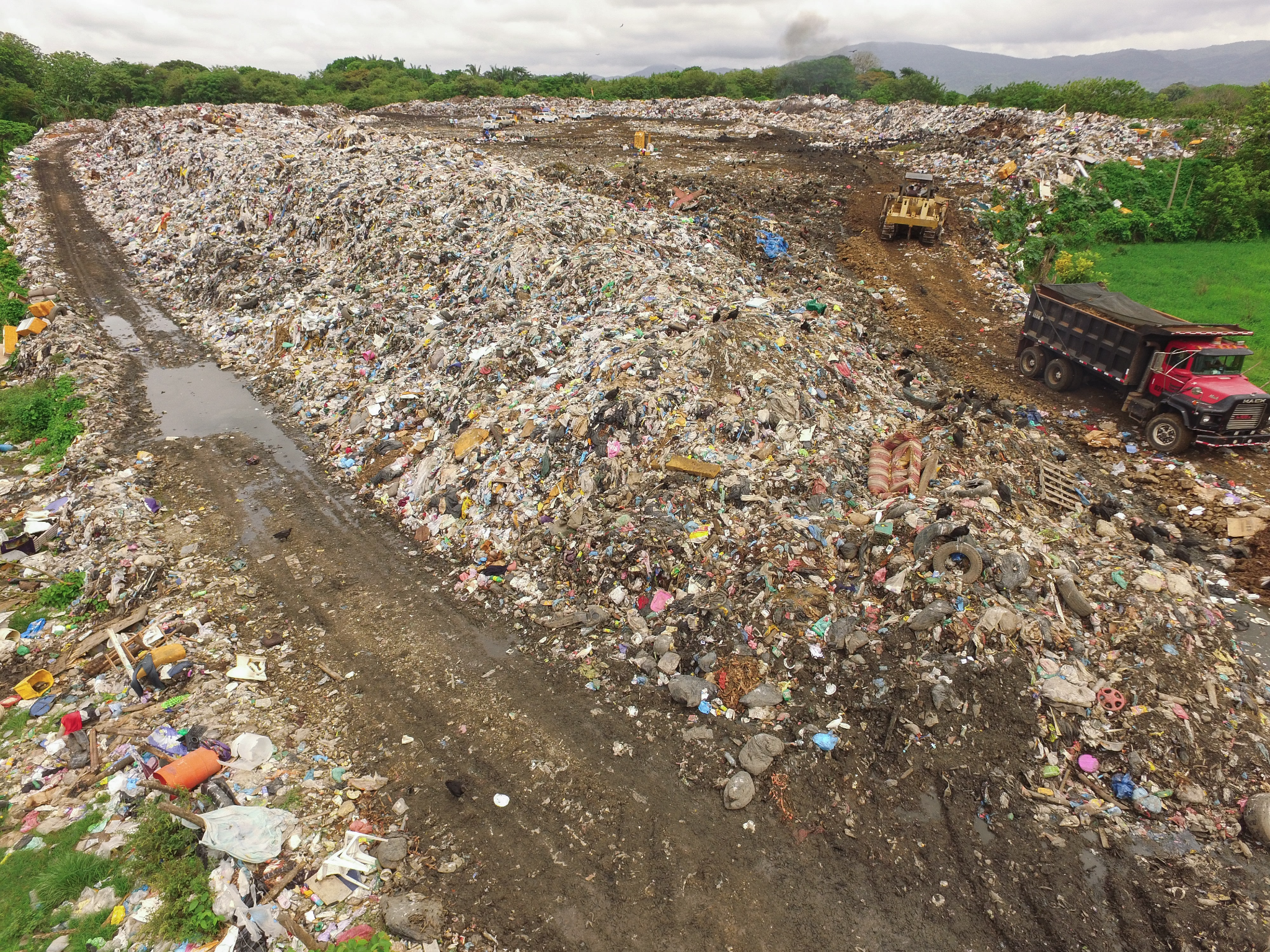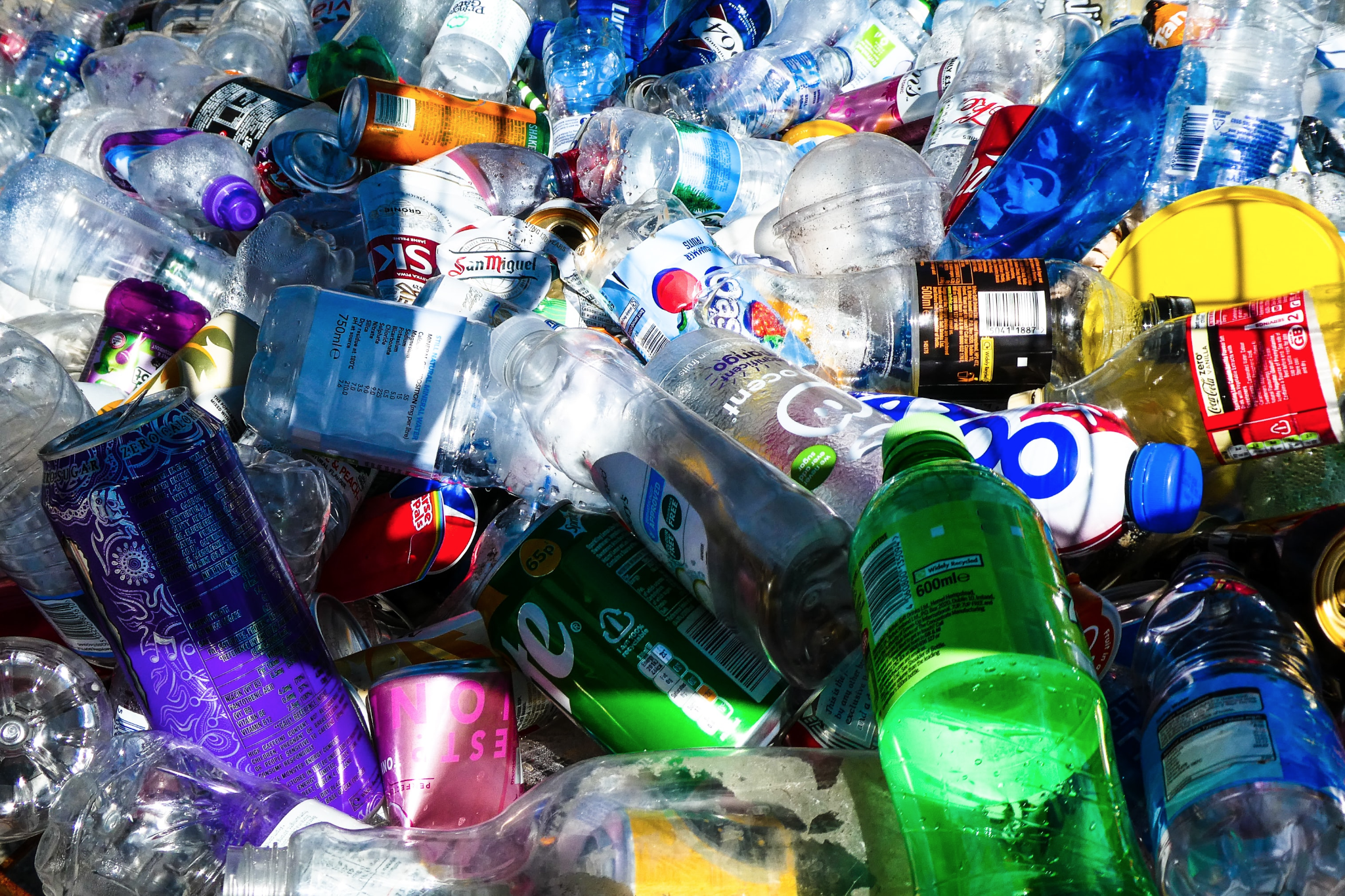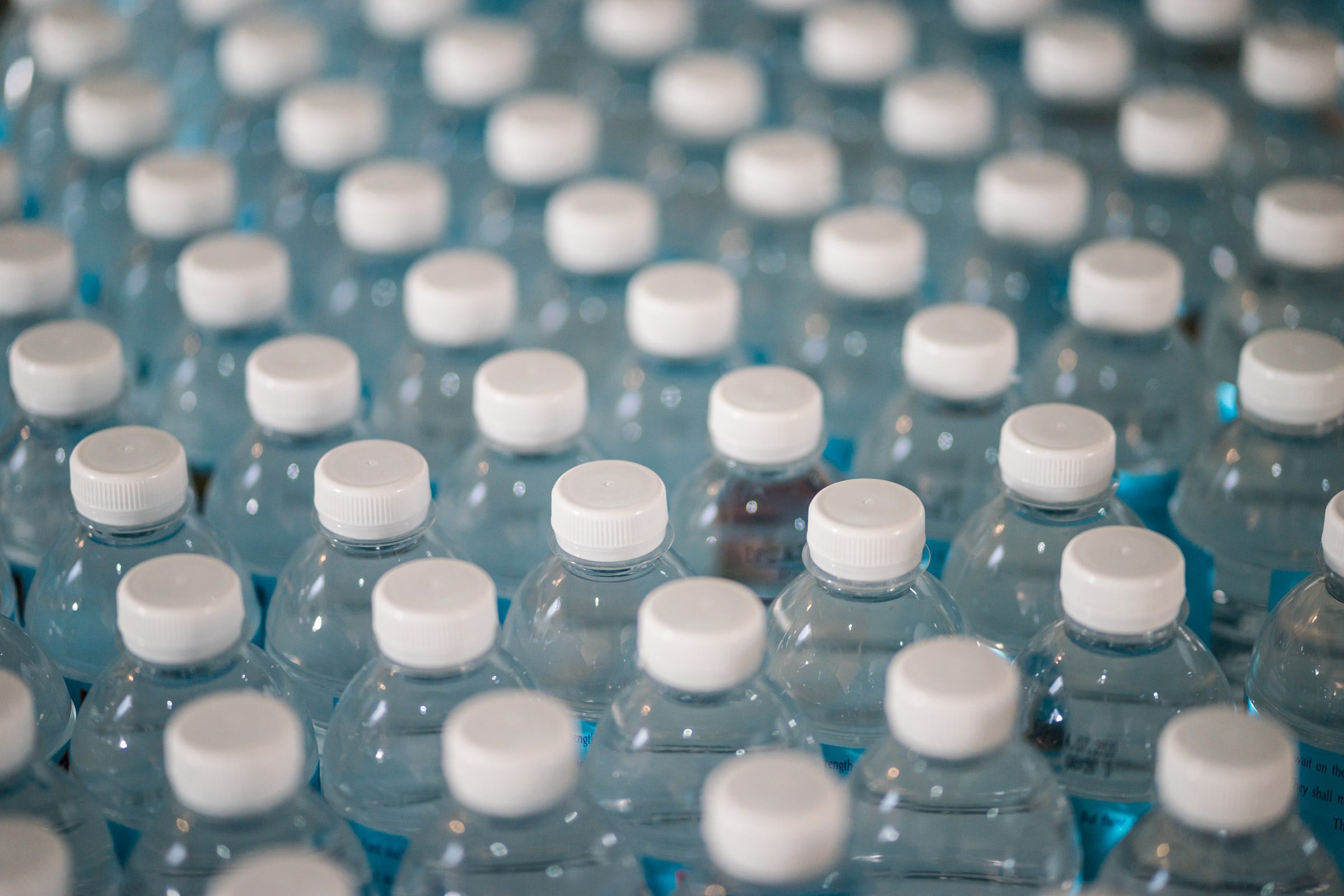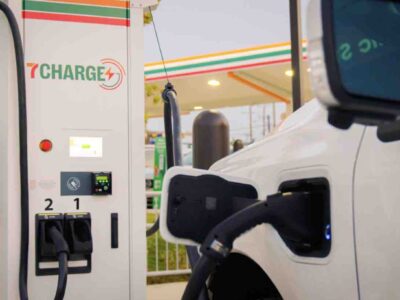As consumers become more environmentally conscious, large corporations are feeling the pressure to do the same. In response to this growing awareness, French biotech company Carbios and L’Oreal founded a consortium in 2017 that has attracted big names like Nestlé Waters, PepsiCo, and Suntory Beverage and Food Europe. The consortium was established to promote the use of Carbios’ groundbreaking enzymatic recycling technology at an industrial level.
The technology is the result of a 10 year-long research and development project at Carbios. The process was developed by modifying an enzyme naturally found in compost heaps into one capable of breaking down plastics. This remarkable piece of biotechnology can break a plastic bottle down to its building blocks within just 16 hours, making it 10,000 times more productive than any other biological plastic recycling initiative to date. Using these building blocks, manufacturers can convert them into like-new quality plastic, making them capable of producing 100 percent recycled and recyclable material. On top of the incredible efficiency of Carbios’ enzymatic recycling system, it has far less impact on the environment. Because of the mild conditions it works under, the system produces 30% fewer CO2 emissions than traditional end-of-life plastic disposal methods like incineration or landfills.

In order to get this technology to market, the brands in the consortium are working with Carbios to scale the technology in order to meet global demand. This is excellent news for the companies involved and is monumental for their sustainability goals. L’Oreal’s Global Head of Packing and Product Development Jacque Playe praised the new technology, saying, “This is a promising innovation for the years to come that demonstrates our commitment to bring to market more environmentally friendly packaging.” Suntory Europe’s Chief R&D Officer, Roberto Vannin also spoke about the importance of the innovation, saying, “This ground-breaking technology from Carbios will be key to Suntory Beverage & Food Europe achieving its 100% sustainable plastic ambition.”

Thankfully, this groundbreaking technology is not exclusive to members of the consortium. Carbios plans on licensing its technology to plastics manufacturers around the globe, which will cause big changes to the way corporations view their own sustainable practices. “Historically, the emphasis in sustainability management has been directed to doing less harm and achieving operational efficiencies,” wrote E+E Leader author Harun Asad. As the use of this recycling technology becomes more widespread, companies will be looking to recycle plastics as a key part of their production model. Companies like Adidas outside of the conventional plastics industry are already making use of recycled plastics in their products, with their new “Own the Game” strategy projecting that nine out of every ten
Adidas products will be made with recycled materials by the year 2025.
On a large scale, Carbios’ technology has the power to reshape a previously wasteful business model into a regenerative one. Carbios’ CEO Jean Claude Lumaret recognized the power of this new technology, saying, “This is a truly transformational innovation that could finally fully close the loop on PET plastic supply globally so that it never becomes waste.” Traditionally, plastics have been a detriment to the environment, which makes this technology desperately needed. However, with the already mighty success of such a groundbreaking project, there is hope that perhaps one day, plastic is synonymous with sustainability.





